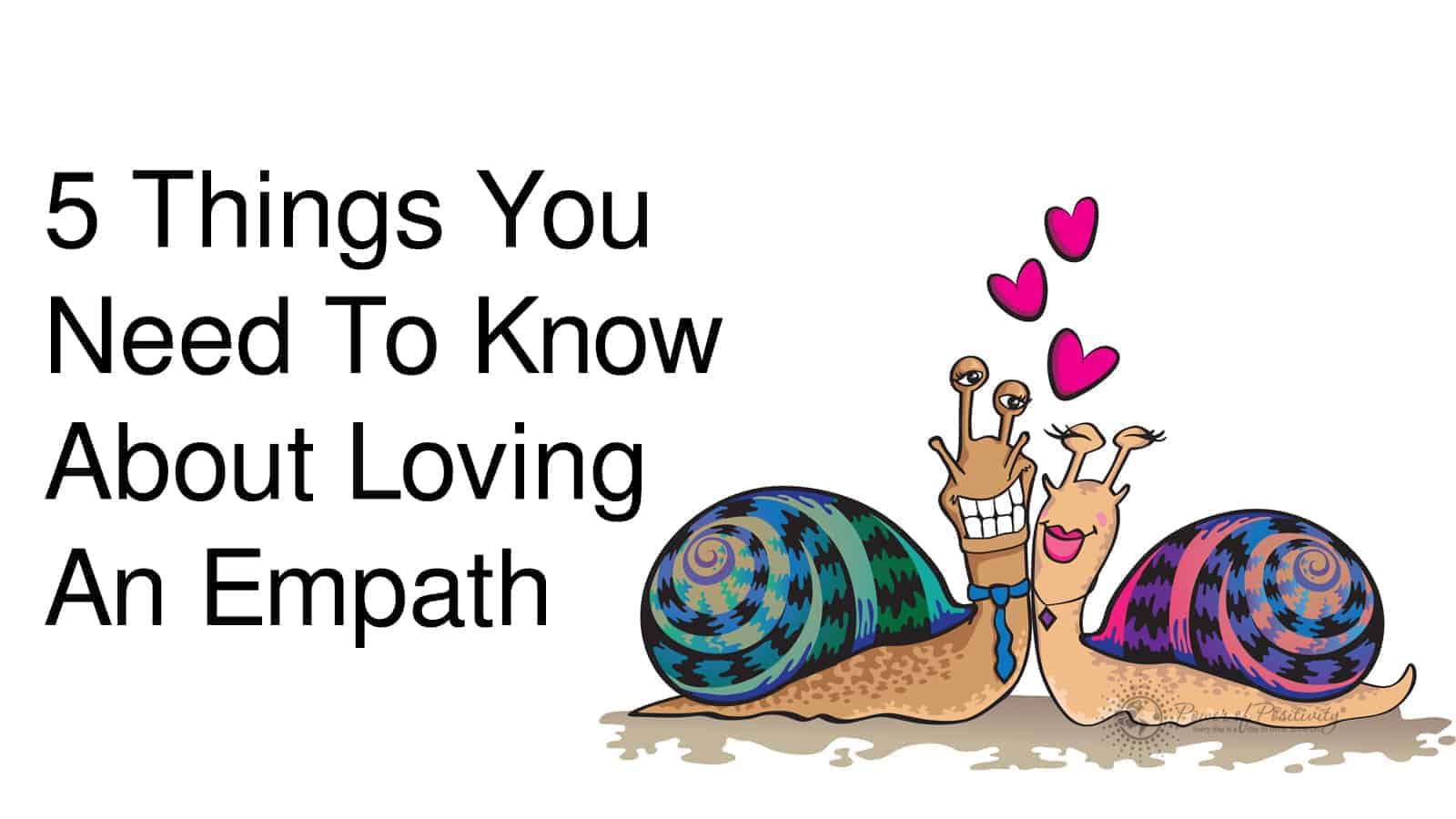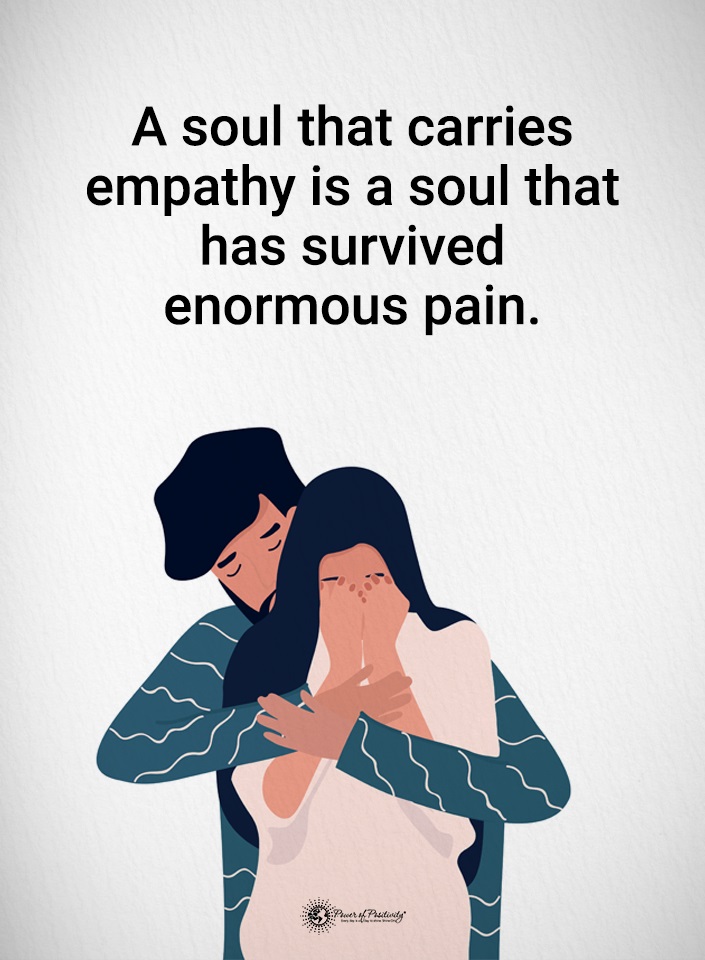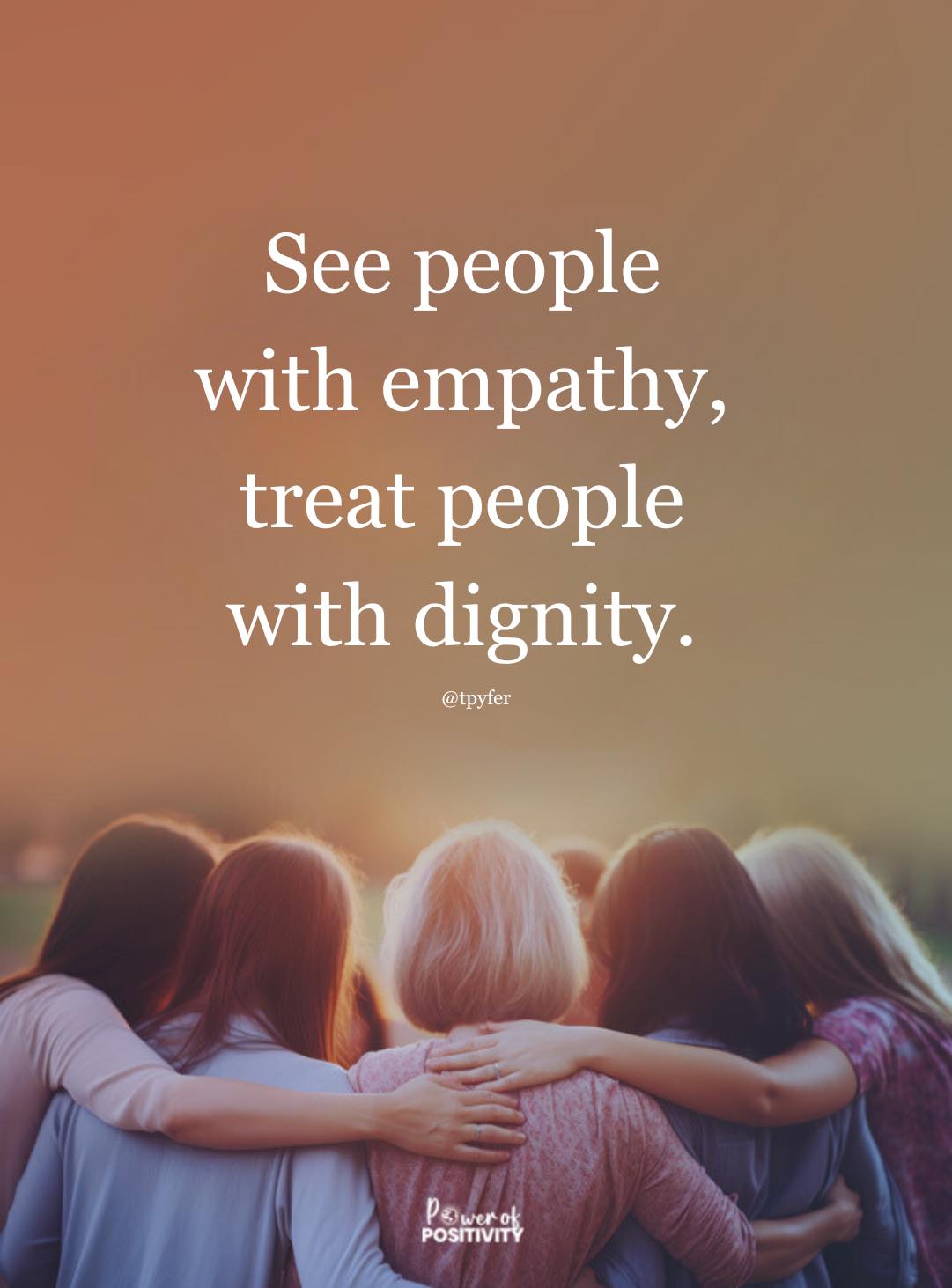Loving an empath is no ordinary experience. These highly sensitive souls feel everything so deeply that it can often be overwhelming—for both of you. But don’t worry; it’s not all intense emotions and unpredictability. In fact, it’s a beautifully rewarding journey when approached with understanding and compassion.
If you’re in a relationship with an empath, you may already know how they can sense things others can’t, or pick up on unspoken feelings. It’s like they have a superpower, but it comes with its own set of challenges. So, how can you navigate this unique relationship?
In this article, we’ll explore the traits of an empath, the emotional hurdles you might face, and tips for creating a loving, balanced relationship. If you want to make your relationship thrive, keep reading—you won’t regret it.
What Is It Like to Love an Empath?
Loving an empath is an emotionally rich experience, full of both beauty and challenge. Empaths feel everything deeply—your joy, pain, and even unspoken emotions. They intuitively know when something’s off, making honesty crucial in the relationship.
However, their heightened sensitivity can also lead to emotional overload. They absorb not only your emotions but also those of others around them, which can be draining. That’s why empaths often need time alone to recharge—it’s not about pulling away from you but finding peace in the chaos of feelings.
While this intensity can be overwhelming, the love they offer is genuine and profound. Empaths love with depth and dedication, and if you understand their need for honesty, patience, and space, your relationship will thrive in ways few others can.
What Are the Most Common Traits of Empaths in Relationships?
Empaths bring unique qualities to their relationships, deeply feeling their partner’s emotions. Here are some common traits that shape how empaths interact and connect with their loved ones.
- Deep sensitivity: Empaths feel their partner’s emotions intensely, often absorbing them.
- Intuition-driven: They rely on gut feelings and can sense when something is wrong.
- Need for honesty: Empaths can detect dishonesty, making open communication essential.
- Emotional exhaustion: Constantly absorbing emotions leaves them drained and needing alone time.
- Overwhelmed by crowds: They prefer one-on-one interactions, finding large groups emotionally exhausting.
- Highly empathetic: Empaths deeply care about their partner’s feelings and well-being.
- Struggle with boundaries: Saying “no” is difficult, making them prone to emotional overload.
- Avoid conflict: They’re sensitive to tension and strive to maintain harmony in relationships.
- Love nature: Time outdoors helps them recharge emotionally and mentally.
- Givers by nature: Empaths derive joy from making their partner happy and feel appreciated.
Why Can Loving an Empath Be Emotionally Challenging?

Loving an empath can be a deeply rewarding experience, but it also comes with unique emotional challenges. Empaths feel everything more intensely, which means they not only experience their own emotions profoundly but also 🌀 absorb the feelings of those around them—especially their partner’s.
One of the biggest challenges is the empath’s need for emotional space. They 🪫 often become emotionally drained and need time alone to reset. To their partner, this can sometimes feel like emotional distance or withdrawal, but it’s crucial for their well-being.
Another difficulty is 💥 their sensitivity to conflict. Empaths avoid confrontation, and even minor disagreements can cause them stress and anxiety. They often feel the emotional tension in the room long after the issue has been resolved.
Lastly, empaths can ⛓️ struggle with setting boundaries. They want to help and support their partner, but this can lead to emotional burnout as they take on too much.
How To Build a Healthy Relationship with an Empath
Building a healthy relationship with an empath requires understanding their emotional needs and creating a supportive environment where they can thrive. Here are some actionable tips to help you foster a strong, balanced relationship:
- Communicate openly and honestly
- Respect their need for space
- Set clear boundaries
- Be patient with emotional fluctuations
- Offer emotional support
- Minimize conflict
- Encourage self-care
- Create a peaceful environment
- Engage in meaningful conversations
- Be consistent with affection
How Do Empaths Express Love?
Empaths express love in ways that are 💖 deeply emotional and intuitive. Their heightened sensitivity allows them to connect with their partner on a profound level, often sensing their needs without a word being spoken.
They offer unwavering emotional support, listen intently, and give their full attention, making their partner feel 🫶 truly heard and understood. Empaths also show love through thoughtful gestures and acts of service, often going out of their way to 🏡 make life easier for their loved ones.
Physical affection, like hugs and gentle touch, plays a significant role in their relationships, as it helps them ❤️🩹 feel more connected.
In addition to emotional connection, empaths express ⏳ love through consistency and quality time. They value spending uninterrupted time together and show their affection through small, frequent acts that build a sense of security and intimacy.
Empaths also tend to make personal sacrifices for the happiness of their partner and provide care based on their intuitive 🎁 understanding of what their loved one needs, even before it’s voiced.
Their love is genuine, constant, and deeply meaningful, making their affection feel uniquely profound.
5 Key Facts Your Partner is an Empath
If you’re wondering whether your partner is an empath, there are several key signs that can help you identify this unique trait.
Empaths possess a heightened sensitivity to emotions and energies, which deeply influences their relationships. Here are five common signs to look for:
1. Overwhelmed by Crowds
Empaths often feel drained or anxious in crowded spaces, as they absorb the emotions of everyone around them. If your partner prefers quiet, intimate settings over social gatherings, they might be an empath.
2. Strong Intuition
Your partner may rely on their gut feelings rather than logic. Empaths have an uncanny ability to sense when something is wrong or predict how situations will unfold, often making decisions based on this intuition.
3. Intense Emotional Reactions
Empaths experience emotions deeply—whether it’s joy, sadness, or anger. If your partner frequently reacts strongly to emotional situations, crying easily or feeling overwhelmed by others’ problems, this could be a sign.
4. Need for Solitude
Empaths require regular alone time to recharge. If your partner often retreats to quiet spaces or needs time to themselves after social events, it’s likely a way to process the emotions they’ve absorbed.
5. Absorbing Others’ Emotions
Empaths can take on the emotions of those around them, sometimes feeling sad or anxious without a clear cause. If your partner seems to reflect your mood or feels drained after supporting others, this may indicate they are an empath.
Self-Care Tips Should You Follow When Loving an Empath
Being in a relationship with an empath means not only understanding their emotional needs but also taking care of yourself to maintain balance.
- Set Boundaries 🛑: While empaths naturally want to help and absorb emotions, it’s crucial to set clear emotional boundaries. This allows both partners to protect their well-being without becoming overwhelmed.
- Take Time for Yourself 🌿: Just as empaths need alone time to recharge, you should also prioritize personal time to avoid emotional burnout. Engaging in activities that bring you peace will help you maintain your own emotional balance.
- Encourage Open Communication 💬: Since empaths pick up on subtle emotional cues, honest and direct communication is key. Share how you’re feeling and encourage your empath partner to do the same.
- Practice Compassionate Listening 👂: Empaths often feel the weight of the world, so offering a listening ear without trying to “fix” things can be incredibly supportive. Empathize, but don’t overextend yourself emotionally.
- Support Their Self-Care Routine 🛁: Help your partner develop a self-care routine that includes time alone, nature, or calming activities. This will help them maintain their emotional balance and, in turn, support the relationship.
FAQs
Can empaths struggle with intimacy in relationships?
Yes, empaths can sometimes struggle with intimacy because of the intensity of their emotional experiences. They may become overwhelmed by strong emotions in a close relationship, leading them to need space to recharge. It’s important for their partner to respect their need for alone time without taking it personally,
How can I support my empath partner without feeling emotionally drained?
To support your empath partner without feeling overwhelmed, establish clear emotional boundaries and prioritize your own self-care. Encourage open communication, so you’re aware of when your partner needs support and when it’s time for both of you to focus on recharging individually,
What should I avoid doing when I’m in a relationship with an empath?
Avoid trying to change or control their emotional responses. Empaths feel deeply and trying to downplay or dismiss their emotions can harm the relationship. It’s also best not to force them into social situations when they’re not comfortable, as they can feel emotionally overwhelmed in crowded environments,
Final Thoughts
Loving an empath is an emotional adventure. It’s full of highs, lows, and everything in between. But if you embrace their need for space, honesty, and emotional depth, you’ll experience a love like no other.
Remember, it’s not about fixing them, but about loving them for who they are—beautifully sensitive and deeply caring.
So, are you ready for the ride? Buckle up, because it’s one that’s totally worth it!



















